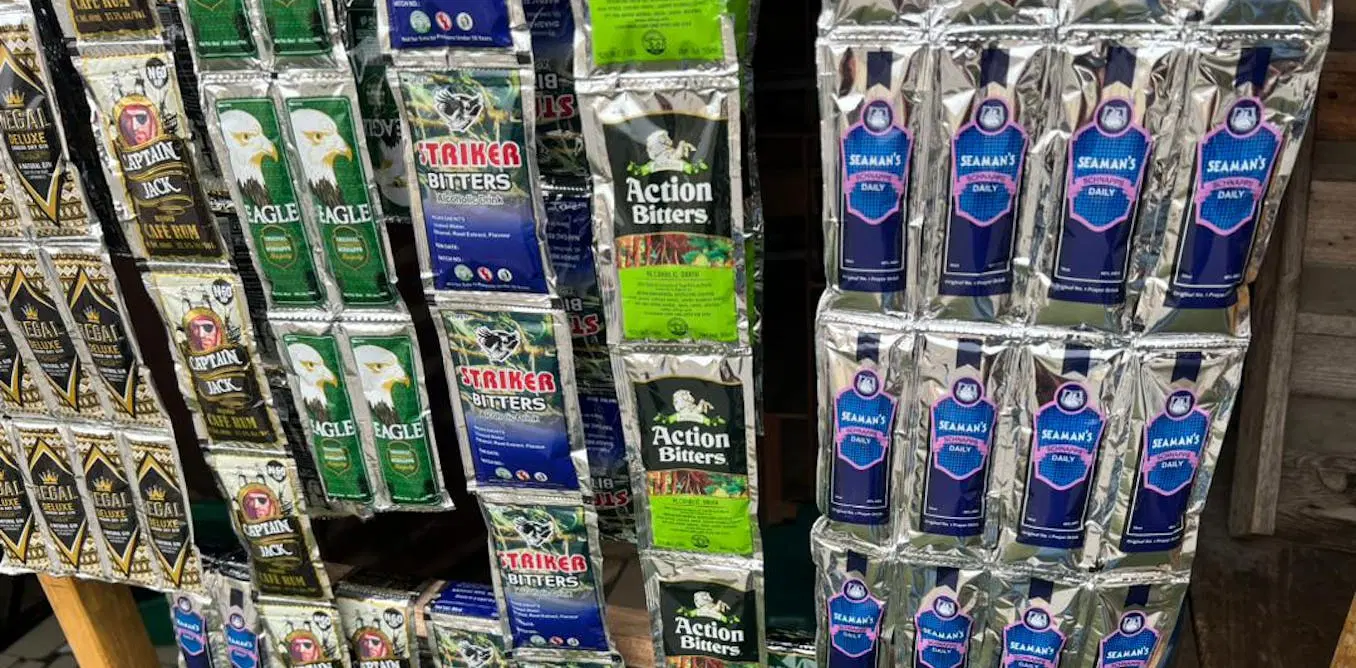Jigawa State Governor, Umar Namadi has announced that his state planned to produce two million tonnes of wheat to help Nigeria achieve food sufficiency.
Arise News reported that according to Namadi, Jigawa’s output target will be met by the National and State Wheat Development Programs.
The governor revealed this to reporters on Thursday after meeting with President Bola Tinubu at the State House in Abuja. Namadi also stated that he was in the capital to thank Tinubu for allowing his state to grow 40,000 hectares of the 120,000 hectares of land set aside for wheat production in Nigeria, emphasized that Nigeria was capable of exporting wheat under the current deliberate plan to attain self-sufficiency.
He then said that the President has thrown his support behind his state’s efforts and has promised full support to guarantee that their plans become a reality.
The federal government launched the dry season initiative in Jigawa in November 2023, allocating 100,000 hectares to wheat production in the country, with Jigawa alone committing 40,000 hectares for the program.
When asked what impact Jigawa State could make in Nigerian wheat production, he stated, “We are number one in wheat in Nigeria, so the issue is that we have already made a difference because we are the best. And today, as I told you, Jigawa State was allocated 40,000 hectares out of 120,000 hectares for Nigeria, demonstrating that we are making a difference.”
On whether Nigeria would be able to achieve wheat sufficiency, the governor stated, “Certainly, we will. We hold nearly 400,000 hectares of FADAMA land in Jigawa State. So that is the only FADAMA land we can cultivate in both the rainy and dry season.”
When asked if the state’s wheat would be exported, Namadi replied, “Certainly, we will export wheat over time. We’re doing the first one, and then after that, we’ll do rice, and then wheat, and so on; this is how the cycle will continue.
He added that the minimum Jigawa is expecting is about four tonnes per hectare. “Now four tonnes per hectare and we’re doing 40,000 hectares. in fact, this 40,000 are the ones which we have received support from the federal government.”
“We’re taking the bare minimum, so I definitely think the future is very bright,” Namadi added.










